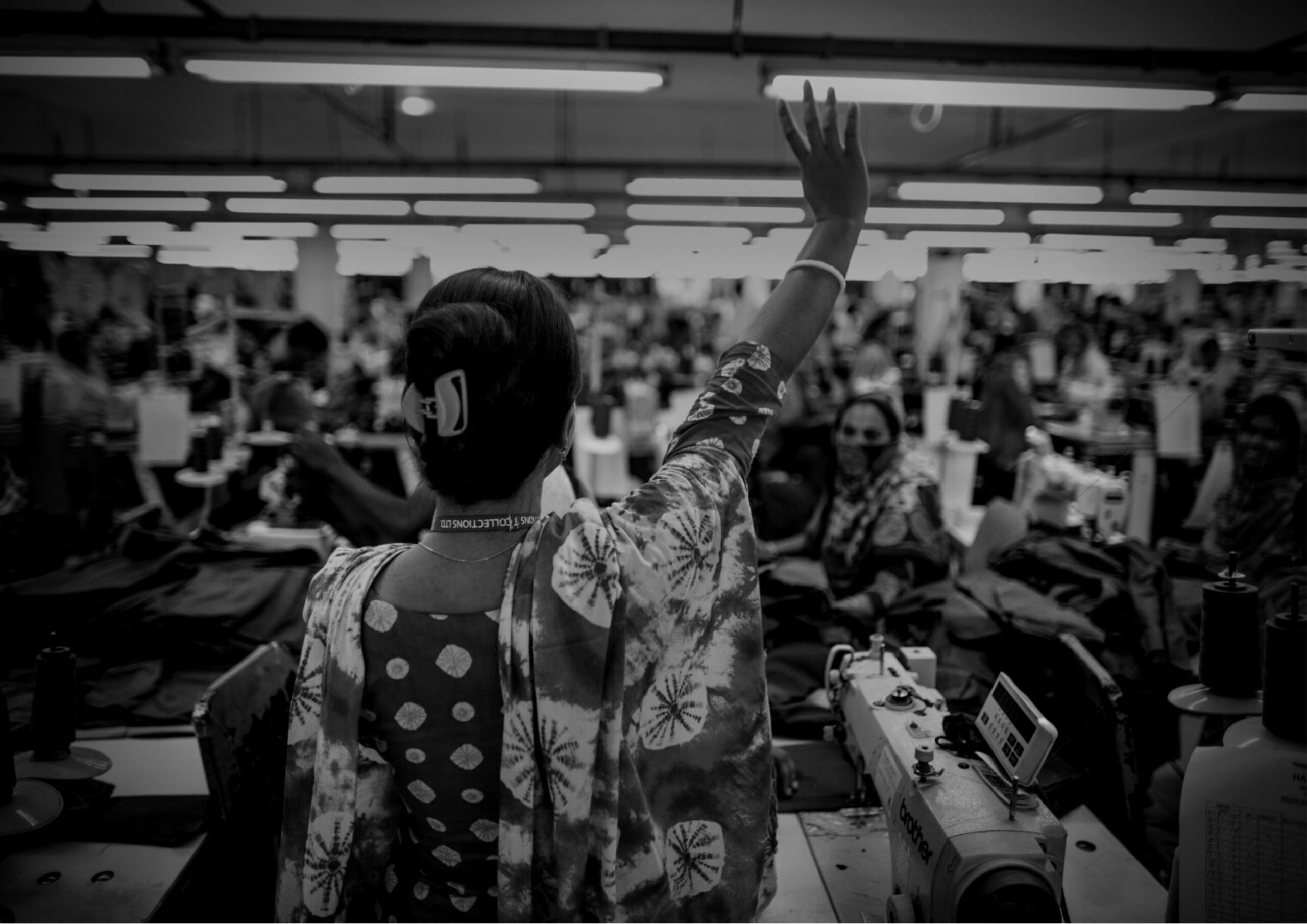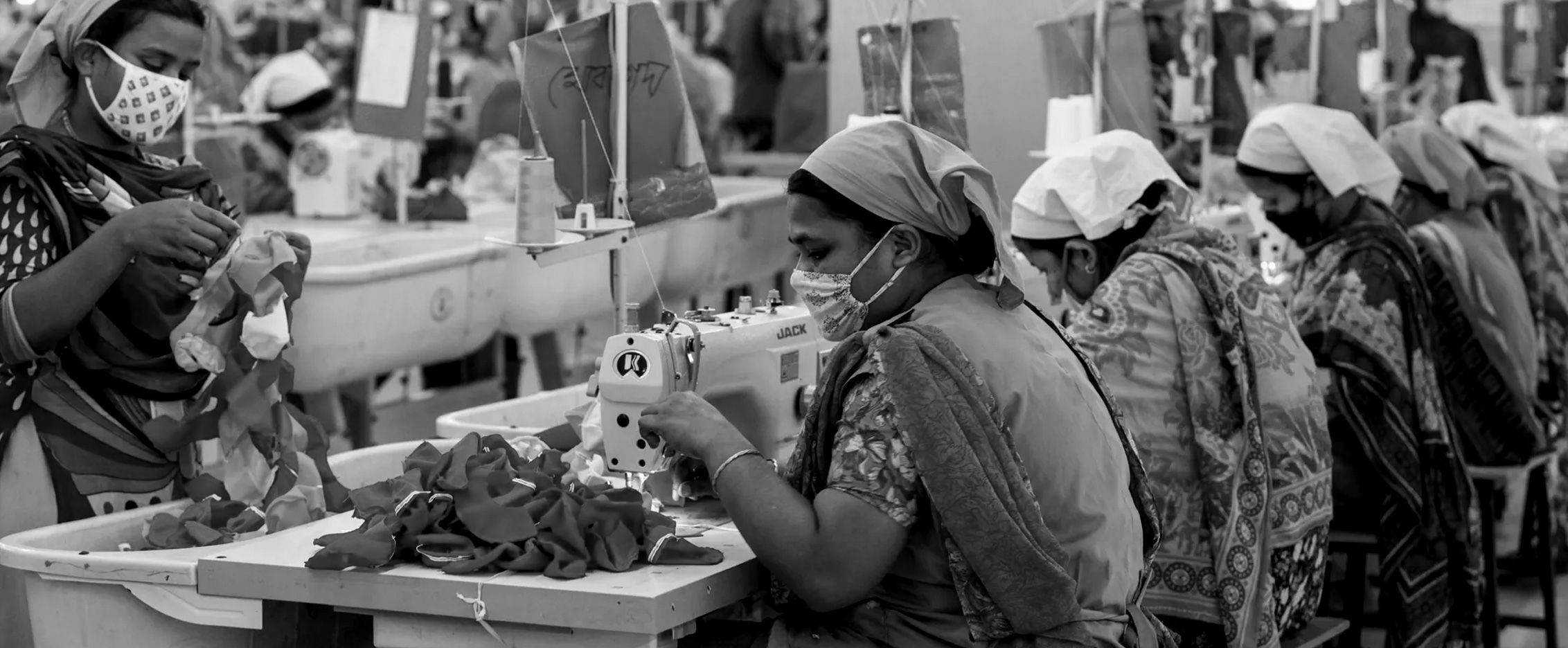
publications
24 Jun Advancing Gender Justice on Asian Fast Fashion Supply Chains Post COVID-19
Advancing Gender Justice on Asian Fast Fashion Supply Chains Post COVID-19: Learning from ILO’s Convention 190 on Its First Anniversary, reviews the gendered impact of COVID-19—and the need for a transformational approach to prevent and end GBVH using guidance from C190—in the context of Asian fast fashion supply chains which produce primarily consumer apparel and footwear. The report highlights the persistent risk factors for violence that both predate and are exacerbated by COVID-19. It provides detailed guidance for fast fashion lead firms on steps they can take to uphold C190 obligations to address violence on garment supply chains in context of the global public health crisis and the economic shocks caused by the COVID-19 pandemic. While this report focuses on fast fashion supply chains, the guidance for corporate accountability to achieve violence free workplaces provides an important roadmap across global supply chain sectors.
Advancing-Gender-Justice-on-Asian-Fast-Fashion-Supply-Chains-Post-COVID-19-Guidance-from-ILO’s-Convention-190-on-its-First-Anniversary-single-page24 Jan Recommendations to ILO
02 Jul Model Arbitration Clauses for Disputes Arising Under Enforceable Brand Agreements
Trade unions and their allies are critical actors in driving corporate accountability for workers’ rights in global supply chains. In the wake of the Rana Plaza disaster and other industrial tragedies and labor rights abuses, trade unions and their allies are forging meaningful corporate accountability for workers rights by negotiating legally binding, enforceable agreements between brands and trade unions that cover labor rights in the operations of brands’ third-party suppliers.
These agreements, which are often referred to by their proponents as “enforceable brand agreements” or “EBAs”, raise the bar for protection of labor rights in supply chains by replacing brands’ voluntary corporate social responsibility programs that have failed to end abuses with legally enforceable obligations to require and ensure that suppliers respect workers’ rights.
EBAs like the Accord on Fire and Building Safety in Bangladesh (the Accord) have achieved historic progress when compared to the dismal track record of traditional CSR programs. The death-toll from garment factory fires and building collapses in Bangladesh has been reduced by over 95% since the Accord’s inception. Despite this progress, the dispute resolution mechanism that ensures its enforceability has proven to be overly expensive, time consuming and less-than-transparent in practice. In order for EBAs to deliver greater accountability and transparency, they require more agile and efficient methods of dispute resolution.
Designed for direct incorporation into enforceable brand agreements, the Model Arbitration Clauses for the Resolution of Disputes under Enforceable Brand Agreements Clauses advance a streamlined arbitration system that protects impartiality and due process while avoiding excessive litigiousness, promoting transparency, alleviating burdensome costs, and providing final and binding enforcement. The Clauses draw from leading international arbitration rules and existing supply-chain agreements negotiated by trade unions, labor rights NGOs and brands.
ArbProjFinalDraft_June-17-2020-1




